Home

PROJECT ZOYA, OR HOW I BECAME THE OTHER
Aksana Haiko •
Director Aksana Haiko talks about a joint theater project with the Swedish theater ADAS. The project Mama Zoya, Belarus was based on the life story of the director’s mother. Due to differences in views on the work, Aksana had to leave the project. In the text, she analyzes what happened through the lens of postcolonial studies.
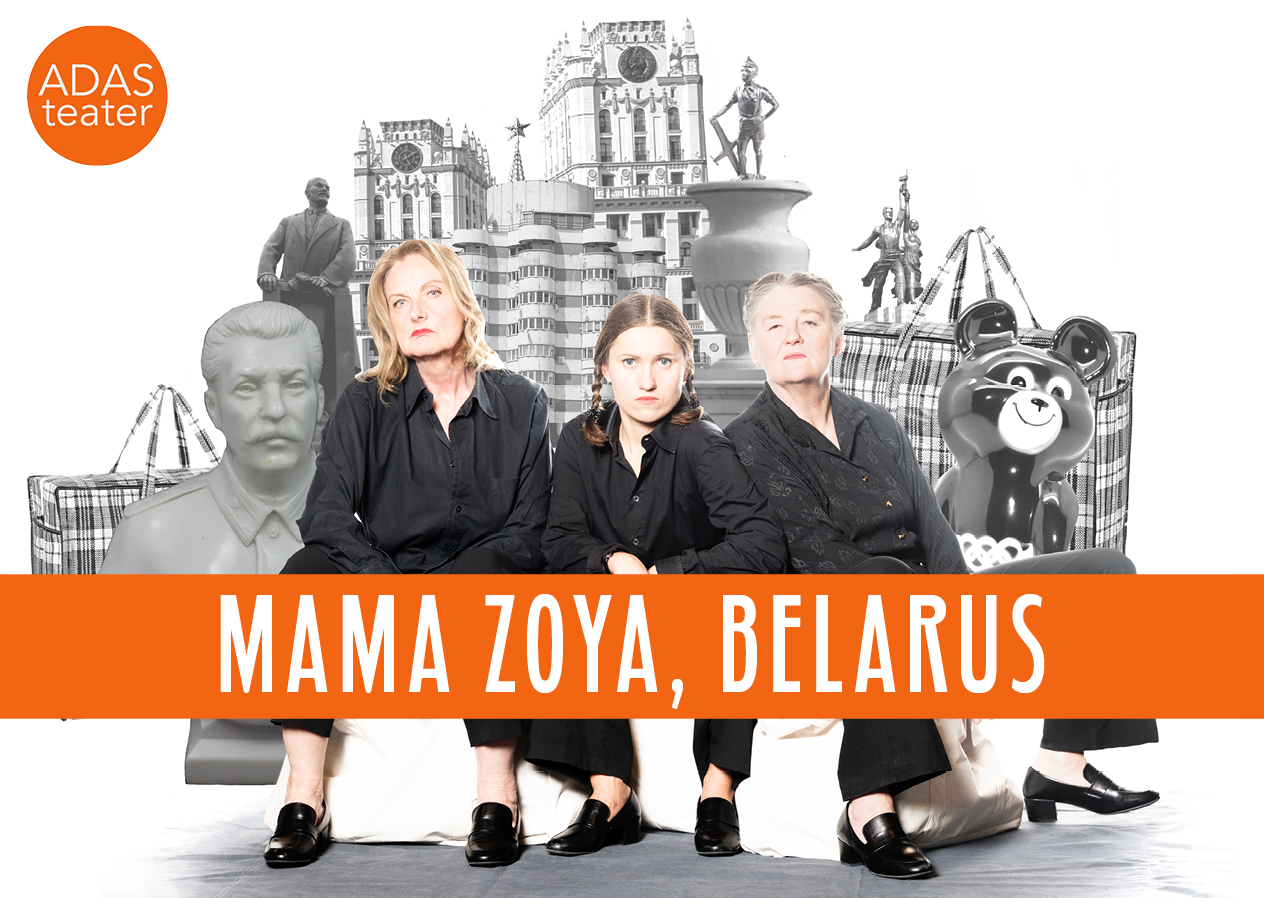
Reply to “PROJECT “ZOYA”, OR HOW I BECAME THE OTHER”
Fia Adler Sandblad •
Fia Adler Sandblad is the artistic director of ADAS Theatre, which she started more than thirty years ago at Konstepidemin in Gothenburg, Sweden. Here, she responds to Aksana Haiko’s text about their joint work in 2021 – 2023.

I Can’t Imagine, Or Why My Relatives Cannot Become President
Neseine Toholya •
Since February 24, 2022, I have been harboring hatred inside me. Normally, I don’t wish harm on anyone, but from this date onward I began to wish all the worst on one person — President Putin. It literally ate away at me, burning holes inside and twisting my internal organs. I wanted to breathe fire […]

The Story of One Backyard, or Total Recall
Оlga Bubich •
In the summer and autumn of 2020, “The Square of Changes” was perhaps the most famous place in the rebellious Minsk geography. At first glance, it is by no means a remarkable patch of land with a modest playground and a gray transformer booth, which suddenly became the epicenter of a series of dramatic events: […]

NEW WEBSITE OF KX SPACE
Partner of the STATUS platform, Brest Space KX presents its virtual incarnation — www.spacekx.com. The website, as the KX Space today, includes the KX Gallery and the Kryly Khalopa Theater. The KX Theater part is still under development, but the KX Gallery is now fully functional online. As before, the presentation and promotion of contemporary […]
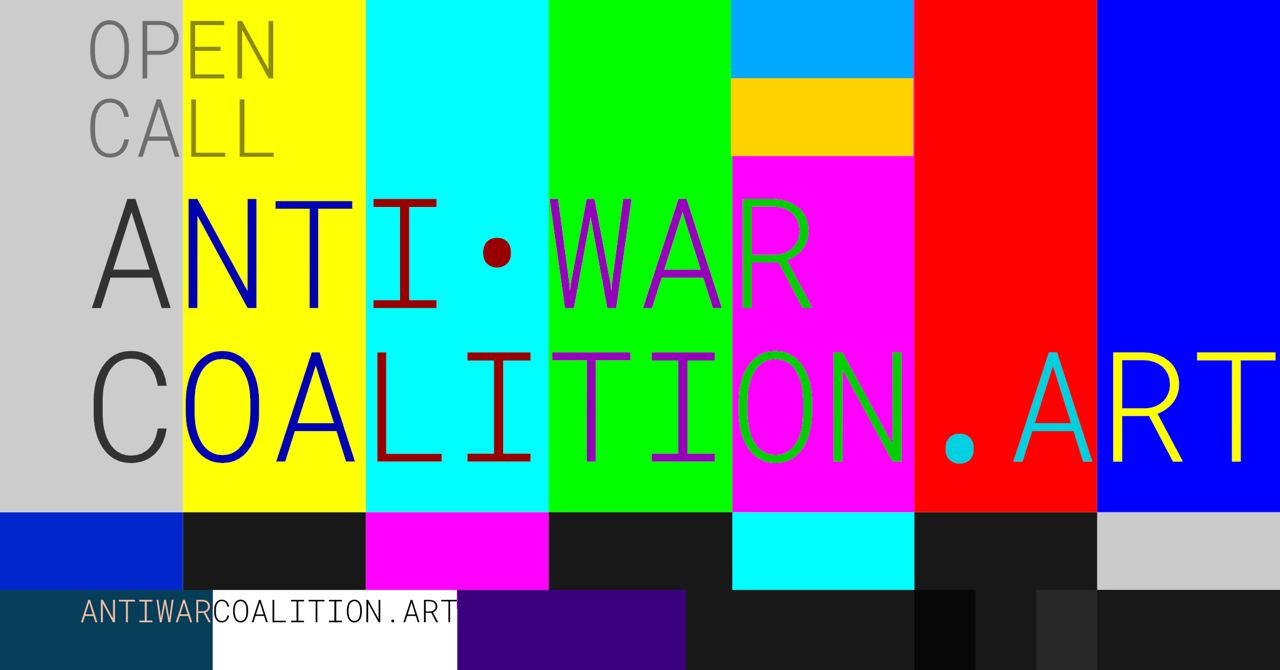
Open Call: for anti-militarist, anti-dictatorial, anti-colonial artworks for antiwarcoalition.art platform
Antiwarcoalition.art is an open online platform that collects statements against war and dehumanization created by artists from all over the world. Driven by the Russian aggression and war against Ukraine, this platform presents an opportunity to protest against war, massacres, and inhuman punishment of civilians, dictatorship, and patriarchal power structures. Antiwarcoalition.art shares artists’ and culture workers’ voices to public spaces and art institutions all over the world through a sequence of public presentations. The carefully programmed platform enables viewing and sharing art statements online.
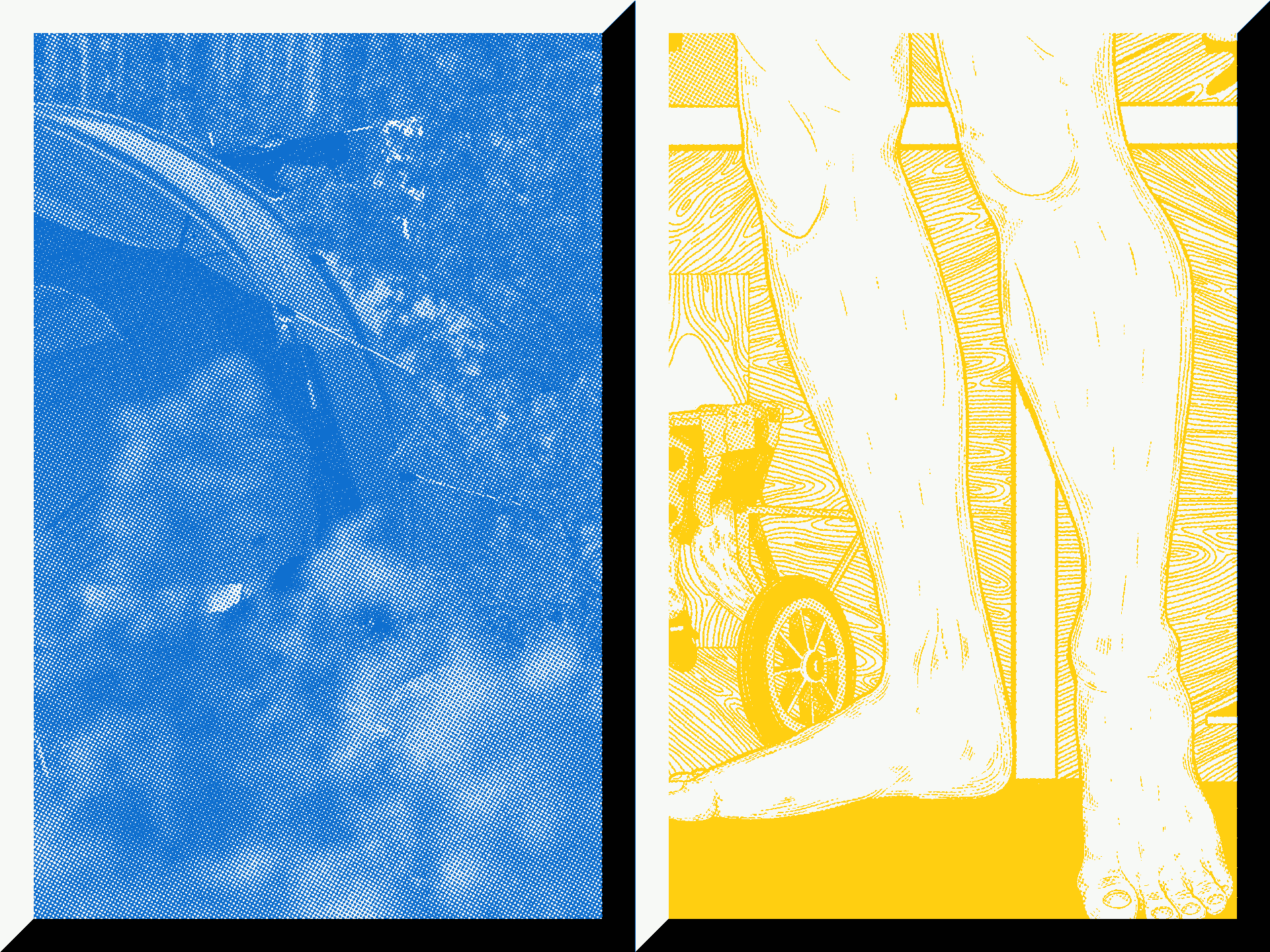
STAND UP FOR UKRAINE
Konstepidemin, together with the STATUS Project, has initiated a project to raise funds to support fellow artists and cultural actors in Ukraine. Belarusian artists and their Swedish colleagues, with whom we have been recently working within the residency program, will present a limited edition of artworks for sale. All proceedings from this campaign will go to Ukrainian Emergency Art Fund for cultural workers and organizations in Ukraine.

OPEN LETTER TO ARSENY ZHILYAEV. IN THE FOG OF HISTORY
Uladzimir Hramovich •
I’ve been re-reading your text for a while, and what I concluded is that the adverb “not,” at the beginning of your statement, doesn’t hold at all: “We do not [author’s emphasis] agree with colleagues that everything we’ve done in art for the last 8, 14, 20, or for some more than 30 years, has […]
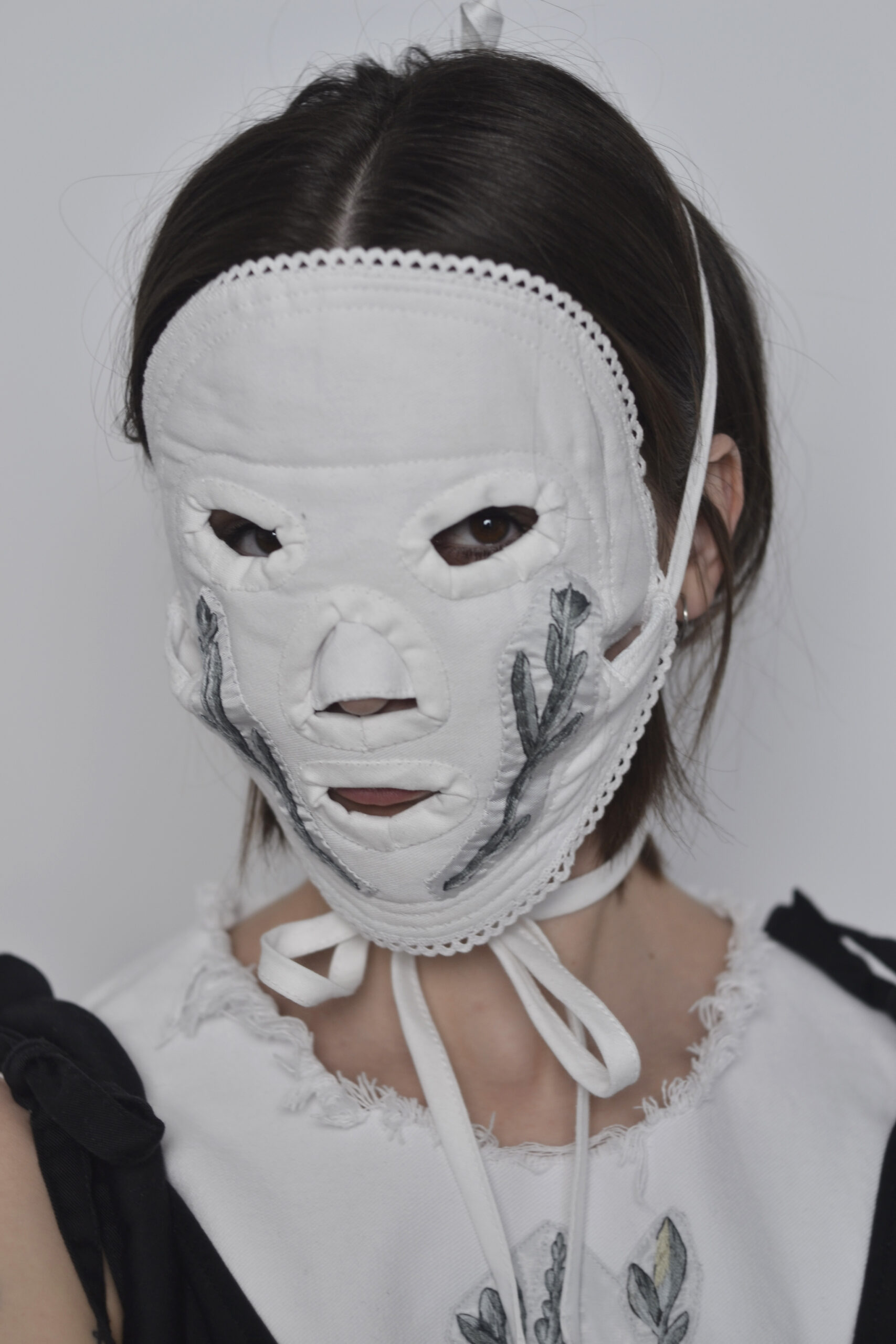
‘- HOW ARE YOU DOING?’
Tasha Kotsuba •
‘Hi, it’s okay. It’s been quiet here, no bombing yet, and only when we hear sirens do we hide in the cellar. Don’t worry, everything will be alright soon.’ My name is Tasha – I am a Belarusian artist, and I am currently in Ukraine. It’s been snowing today, and that makes me happy because […]

A Monopoly on suffering, or why Belarusians have so much hatred towards other refugees
Nasta Zakharevich •
– “What do I do?” – asked a young man from Petersburg, impatiently. – What do you mean what should you do? If it’s summer – wash berries and make jam out of them; if it’s winter – drink tea with that jam. Vasily Rozanov National plans established for the next six months are usually […]

A PARTISAN WHO CARES – BELARUSIAN PROTESTS A YEAR LATER
A.Pashkevich •
“The rallies against the rigged elections in Belarus were record breaking not only because of their scale in which the protestors were determined to overthrow the regime, but also the creative strategies employed to express dissent. However, after the crackdown and harsh repressions resulting in 967 political prisoners, the protesters were forced to adopt new formats. These moments of dissent had to become invisible in order to not be detected. For Belarusian partisans, however, such strategies are far from being new.”

GRASSROOTS SOCIOLOGY, DATA HIERARCHIES, AND THE CHALLENGES OF POSING RELEVANT QUESTIONS IN AND ABOUT BELARUS
Andrey Vozyanov •
For years, the Lukashenka regime has been suppressing credible statistics on public opinion and independent sociological reports. As a result, the data on Belarus obtained by local grassroot initiatives, independent researchers, and established institutions both within and outside the country are severely distorted.
In this essay, Andrey Vozyanov outlines how sociological work is hindered on many levels in Belarus, and describes how various groups in the society try to compensate for this deficiency. Vozyanov also addresses the marginalization of the leftist voices within the international public debate on the subject and presents arguments for more flexible and sensitive ways to approach empirical data given the major challenges that sociological work faces in the country.

THE RIGHT TO BE SEEN – DISTANCE in PROJECTS on LGBT+ people
Оlga Bubich •
Photo critic Olga Bubich explores the subject of (in) visibility in LGBT photography and analyses the work of Ho Yan Poon Nicole and A Carlsson Rixon: “the case with any photography produced by non-cis makes, its actors were still waging a long, tedious struggle for space, presence, lexical and symbolic codes – for the right to be seen in a shot as a person, and not a victim or a freak.”

THE FUTURES OF RUSSIAN DECOLONIZATION
Anna Engelhardt •
Post-colonial theory, being a well-established field in the West, drops a deep shadow on what one could define as post-Soviet space. Researcher and artist Anna Engelhardt questions: is it possible to apply post-colonial and decolonial approaches to Russian colonialism?
The article was originally published in Strelka Mag and updated for the STATUS online platform.

LGBTQ IN BELARUS – (IN)VISIBLE PEOPLE IN WORDS AND PHOTOGRAPHS
Оlga Bubich •
Diverse Humanity is a series of photography books that tell about LGBTQ communities across the world with portraits of homo-, bi-, transsexual, and queer people portraits and reportages of their life, fragments of interviews with personal and broader stories in focus, as well as analytical articles by researchers with a wider focus on the societies they live in. Photo critic Olga Bubich reviews a book by Misha Friedman and Masha Gessen from this series.

WOODEN COMPASS IN THE FOREST OF MEMORY
A.Pashkevich •
Japanese writer Yoko Ogawa, the author of “The Memory Police”, which was published in her homeland in 1994 and translated into English in 2019, considers memories as a determining factor in people’s personality. “Being stripped of your memories is an act of violence that is perhaps akin to having your very life taken”, she concludes […]
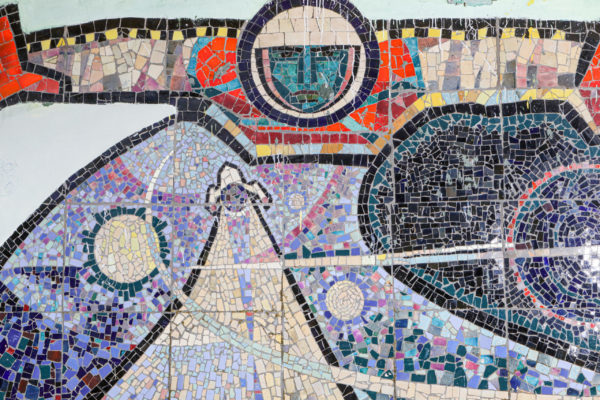
INVISIBLE HERITAGE OF BREST
Alina Dzeravianka •
Carrying on to work on the theme of understanding the heritage and the role of artists in this process, which started within the Heritagization group during the STATUS project in 2018, Alina Dzeravianka invites you to learn about the results of the art residency in Brest and to an online exhibition.

CAN YOU STRUGGLE WELL ENOUGH? NGO WORKERS AMIDST THE BELARUSIAN PROTEST
Andrey Vozyanov •
Social anthropologist Andrey Vozyanov, analyzing his own experience and the evidence from his colleagues, reflects on the status of NGO workers in Belarus amidst the ongoing 2020 protests: “According to numerous critics of the protest movement, none of the protesters in Belarus are doing it right. Frustrated by the fact that the protest has not immediately resulted in the regime’s fall, different groups within it are blaming each other.”

BELARUSIAN ENTROPY: AS IRREVERSIBLE AS IT IS HARD TO PUT THE TOOTHPASTE BACK INTO A TUBE
Nadya Sayapina •
“My personal story is a simple and, alas, a widespread example of the regime repressions, described by the new expression “If you were not in prison, then you are not a Belarusian”. I was sentenced to 15 days for participation in an unauthorized event (Article 23.34). … My imprisonment led to an acquaintance with women of different ages, characters, spheres of activity and interests, forms and manifestations of their civil position.”

2021 BELARUSIAN ARTISTS-IN-RESIDENCE OPEN CALL
The Call for applications for a 2-months residency program for Belarusian artists is announced by the STATUS project.
It is coordinated by Konstepidemin in Gothenburg and gallery KX in Brest and funded by the Swedish Institute.
DEADLINE: November 20, 2020.

PRODUCTION DRAMA: LABOR AND LAZINESS OF ARTIST IN BELARUS
Aleksei Borisionok •
In this essay, curator and writer Aleksei Borisionok addresses labor structures and working conditions within the artistic field of the USSR and Eastern Europe, and continues with a closer look at Belarus, focusing on its outrageous “parasitism tax” and the artistic reactions to it.
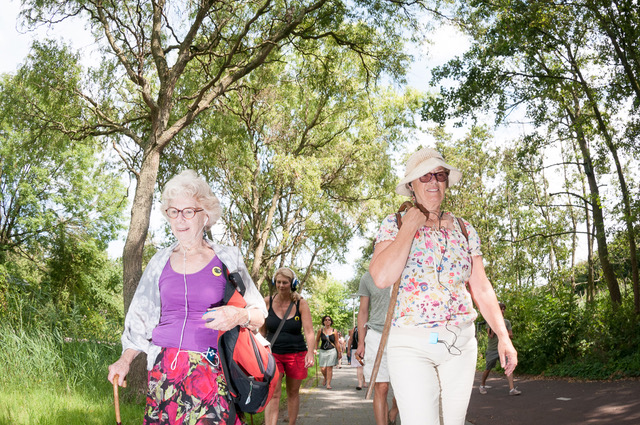
UNDER THE PAVEMENT: THE MARSH – OR HOW CAN WE RE-ASSEMBLE OUR PERCEPTIONS OF THE PAST AND EXPECTATIONS FOR THE FUTURE?
Moniek Driesse • Sjamme van de Voort •
Researchers Moniek Driesse and Sjamme van de Voort are using the example of the Kleinpolderplein, or ‘Little Marsh Square’ – a highway intersection in Rotterdam – to reflect upon the importance of spatiality in knowledge production, ways of trespassing the modernist planning regimes, and possibilities to invent new urban imaginaries.

LAZY SIMULATOR
Dzina Zhuk • Nicolay Spesivtsev • Olia Sosnovskaya •
The (non)work group presents an ultimate guide into the pleasures of laziness, radical idleness, non-work, and unproductivity. Together with the invited experts (n i i c h e g o d e l a t, Welcome to the DollHouse, Mila Pavicevic and Aleksei Borisionok) “Lazy simulator” assembles techniques, exercises and methods on how to waste time in the most political way.

CURATORS, LIBRARIANS, SOCIAL PARASITES: OUR LEGAL STATUS AS CLARIFIED BY A LAWYER
Alena Chekhovich •
Alena Chekhovich, a lawyer from a Belarusian human rights organization Human Constanta, examines the Culture Code in detail, discussing in simple terms the concepts of cultural and creative workers, registration and taxation of the activities of creative workers, the process of obtaining a certificate of a creative worker and much more.

IN SEARCH OF A STATUS
Uladzimir Hramovich •
Belarusian artist Uladzimir Hramovich talks about his experience in obtaining the official status of a cultural worker – a forced reaction to the Belarusian law on “not employed in the economy”. The artist describes the process of collecting documents for the commission, the committee meeting at the Ministry of Culture and shares his reflections upon the state of Belarusian contemporary art as well as his civic position.

WHY I, AS AN ARTIST, LOVE TO COLLABORATE WITH RADICAL, SELF-ORGANIZED INITIATIVES
Frida Klingberg •
Using her project Sauna for the Unemployed as an example, Swedish artist Frida Klingberg talks about her experience in working with self-organized initiatives, comparing and contrasting it to the traditional art world hierarchy, which praises individualism.

WE ALL WORK TILL DEATH
Maxim Sarychau •
Photojournalist and visual artist Maxim Sarychau reflects on financial insecurity and exploitation in the field of art and photojournalism. Are we free fuel? Or did we learn how to say no? “It seems that no state union or existing independent organization can defend our rights today. We all found ourselves in a crystal clear situation: self-organize or die.”

DESIGNING THE PARALLEL SOCIETY IN BELARUS: ADDRESSING THE DICHOTOMY OF STABILITY AND UNCERTAINTY
Elisabeth Kovtiak •
Independent researcher Elisabeth Kovtiak presents the results of the workshop of the STATUS project, Designing the Parallel Society, which was led by two Swedish artists John Huntington and Lars Noväng in Minsk. As a response to the problematic aspects of the Ministry of Culture and the KGB, and a wider problem within Belarusian official discourse, the workshop team invented the Ministry of Uncertainty – a space to train one’s ability to become an active member of society and to enjoy it.

NOBODY SPEAKS WITH ME AS THOUGH I WAS A HUMAN BEING
Tania Arcimovich •
Curator and researcher Tania Arcimovich presents the final version of the essay, based on a collection of personal reflections from the everyday life of cultural workers from Belarus. She questions why non-public and non-visible lives full of anxieties and affects hardly could be found in artistic bios and CVs.
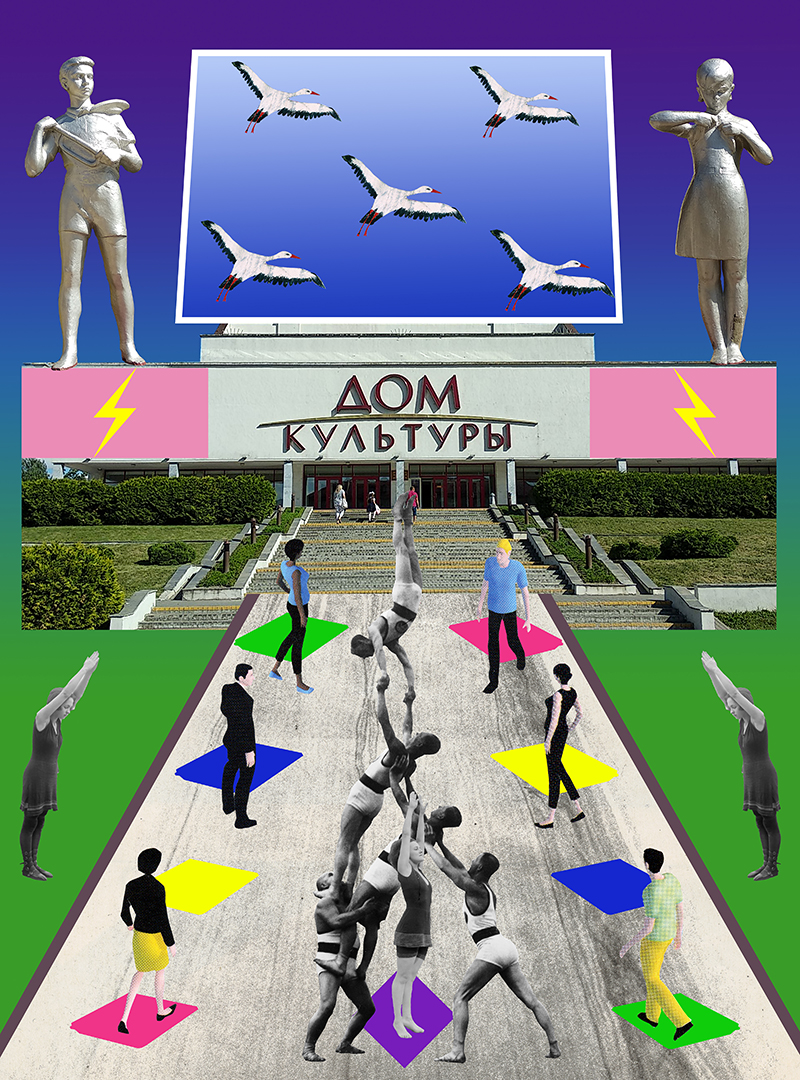
THE CONGRESS-PERFORMANCE OF CULTURAL WORKERS
November 23, 2019 in Minsk will host the Congress-performance of cultural workers initiated by the members and participants of the project “STATUS: The role of artists in changing society” (Belarus and Sweden). During the one-day event, there will be discussions and conversations, workshops and performances, as well as presentations of the artworks related to the issues of working conditions and legal status of artists in Belarus and Sweden, defending rights, equality, gender and age. Congress invites professionals from the field of culture and arts, as well as anyone interested in the stated topics.
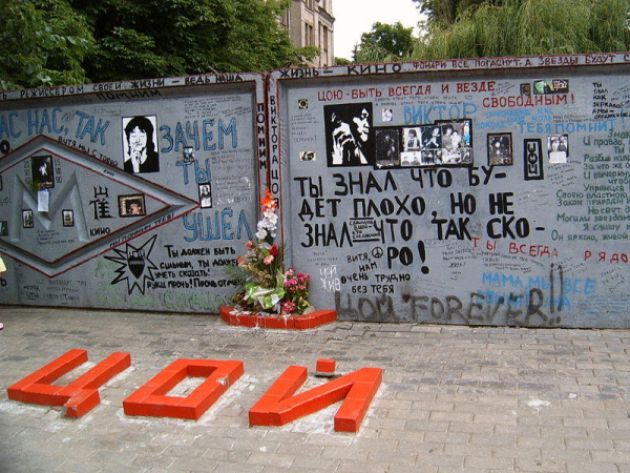
ART THAT MAKES HERITAGE. SWEDISH AND BELARUSIAN PERSPECTIVES ON ART AND HERITAGIZATION
Chiara Valli • Alina Dzeravianka • Elina Vidarsson •
In the form of a research group Heritagization, Chiara Valli in collaboration with Alina Dzeravianka and Elina Vidarsson analyze the ways in which artistic and activist practices contribute to or challenge the production of cultural heritage. Using a theoretical frame and case studies from Belarus and Sweden, researchers share their perspectives on the following questions: How can art challenge and refute authoritative methods of heritage making? How can art make more plural, inclusive, democratic present and futures, by working with history and the past?

THE TRIAL. MINISTRY OF CULTURE AGAINST ART WORKERS
Anton Barysenka •
In early 2019, as a response to a request made by the Belarusian Union of Designers, the Belarusian Ministry of Culture officially proclaimed ‘exhibition activities’ (or, in other words, exhibition-making) neither an intellectual, nor an artistic practice, provoking public outrage and mockery. Using this episode as a case study, researcher Anton Barysenka reflects upon the current status of an artworker in Belarus, and comments on the structural decay and tensions within current Belarusian culture politics.

…WE WILL BUILD A BRAVE NEW WORLD. ON THE STATUS AND THE WORKING CONDITIONS OF AN ARTIST IN BELARUS
Tania Arcimovich •
Researcher and curator Tania Arcimovich presents an essay on the social and economic status of Belarusian artists. In the frame of her mini-research, she compares local experiences within the art field with transformations happening in the global sphere of culture.
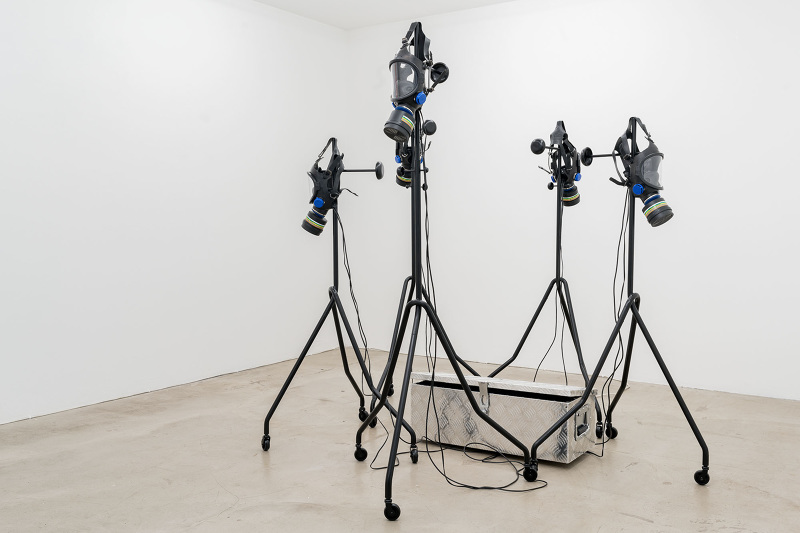
APOCALYPSE INSURANCE / WATERPROOF. A SELECTION OF ART HISTORY. INVITATION TO PARTICIPATE
Linda Tedsdotter •
Linda Tedsdotter invites artists to take part in her ongoing piece “Apocalypse Insurance”, in which she would present vacuum packaged art books for survivors of the future, when this world finally will go underwater.

(NON)WORK: COLLECTIVE WRITINGS
Nils Claesson • Olia Sosnovskaya • Nicolay Spesivtsev • Dzina Zhuk •
In “The collective writings”, artists Nils Claesson, Olia Sosnovskaya, Nicolay Spesivtsev, Dzina Zhuk discuss the notion of ‘work’ and ‘non-work’ in the context of Contemporary Art and Economics. Questioning the work-centered future, they investigate political potentiality of laziness, procrastination and non-productivity, alternative models of pleasures and affective labor.

HERITAGIZATION: HOW ART AND ACTIVISM CAN MAKE HERITAGE. CASES FROM BELARUS AND SWEDEN
Alina Dzeravianka • Elina Vidarsson • Chiara Valli •
In the frame of the research project Heritagization – a term that refers to the process of manifestation of cultural heritage – researchers Alina Dzeravianka, Chiara Valli, and Elina Vidarsson have collected a number of research cases of grassroot artistic and activist initiatives from Belarus and Sweden, which question the authorized forms of the production of heritage.

RABBIT AND COCKROACH REFLECTIONS
Ingrid Falk •
Artist Ingrid Falk outlines her preparatory experience of work on the collective performance. Working with and through a questionnaire, which she uses to gather audience reflections on the issue of heritagization and the role of cultural workers, she takes on the role of the research rabbit and cockroach-parasite.

OPEN PANEL “THE ROLE OF THE ARTIST IN THE TRANSFORMATION OF SOCIETY”
Anna Chistoserdova (Ў gallery, Minsk, BY), Nils Claesson (Royal Institute of Art, Stockholm, SE), Linda Tedsdotter (Konstepidemin, Gothenburg, SE), and Oksana Haiko (KX, Brest, BY) discuss the opportunities for art, which is socially and politically engaged, self-organization of artists, and consolidation of effort to make change happen.

QUESTION CARD GAME. STATUS: THE ROLE OF THE ARTIST IN THE TRANSFORMATION OF SOCIETY
Denis Romanovski •
Artist Denis Romanovski introduces the Question Card Game created in Gothenburg in 2017 during the development of the STATUS project. The game documents the discussion of the project, outlines its problematics, and invites participants to join.


